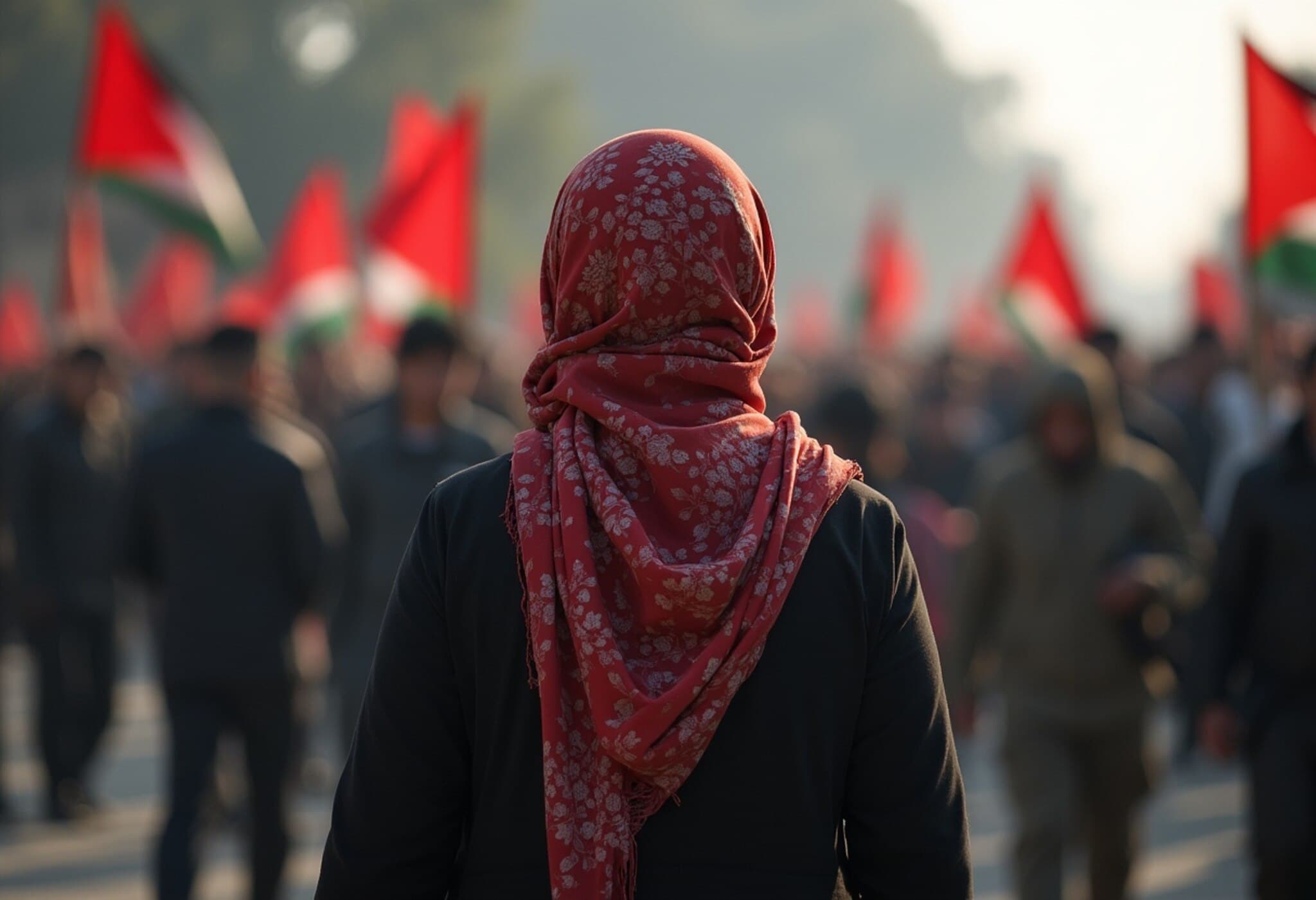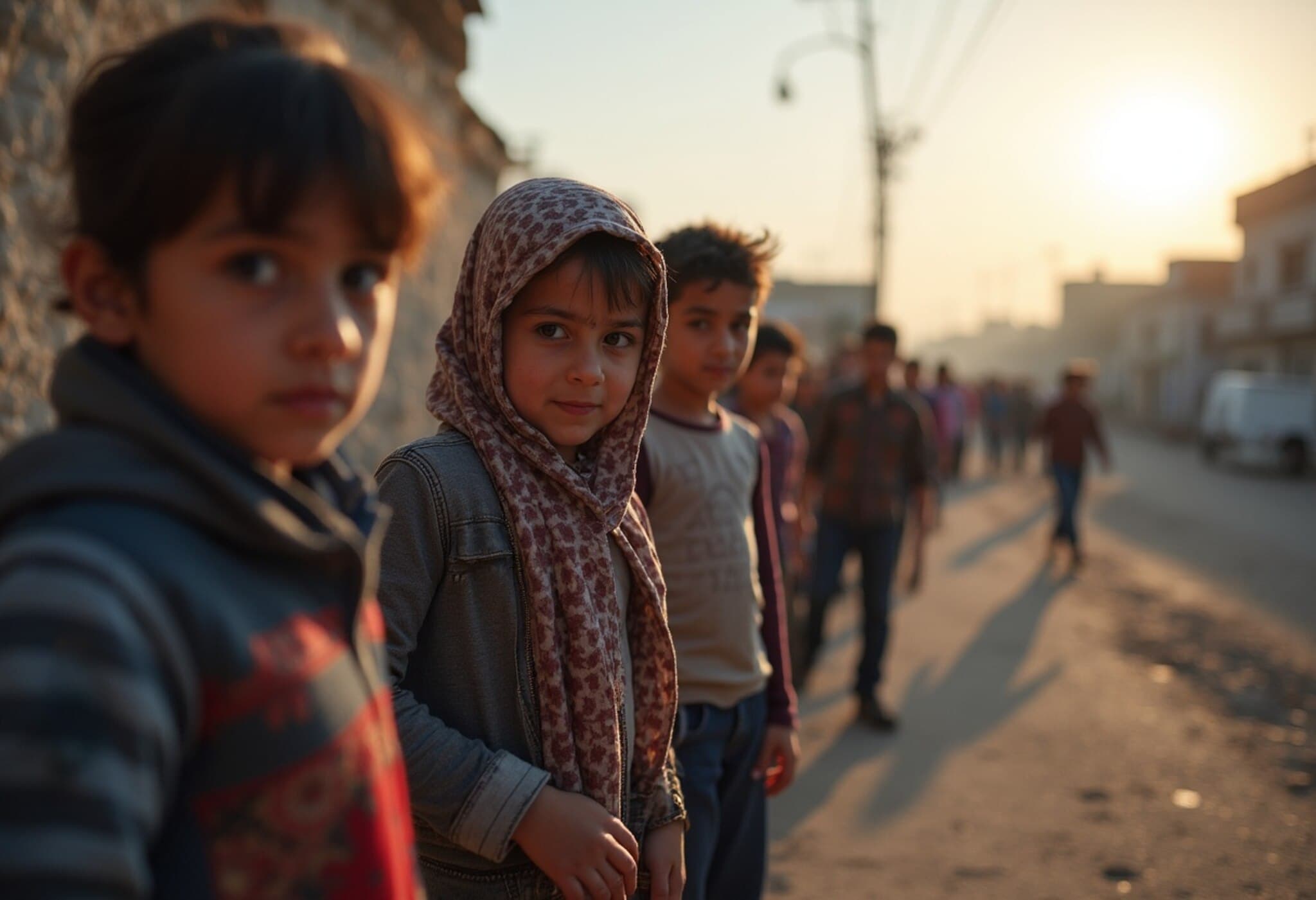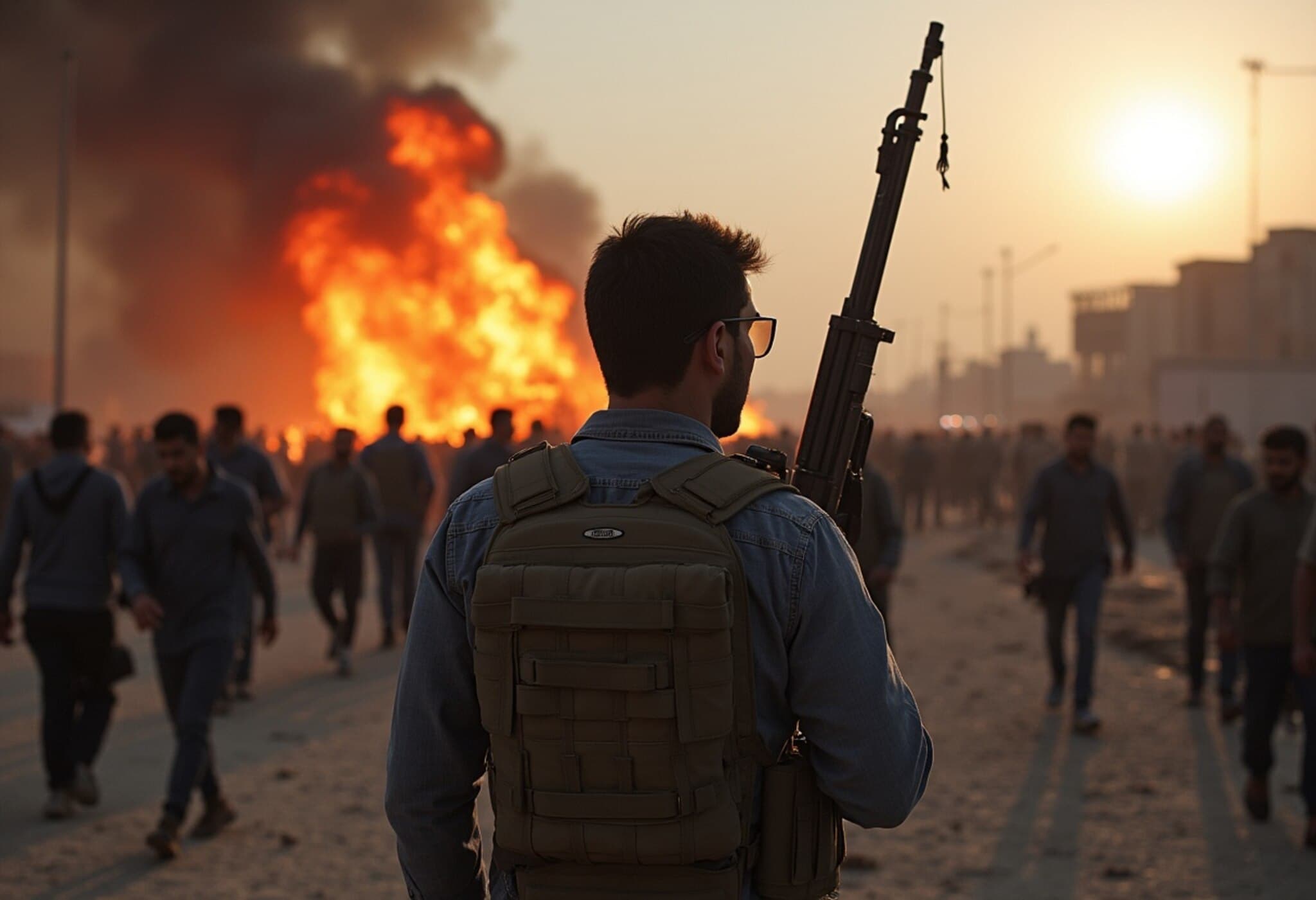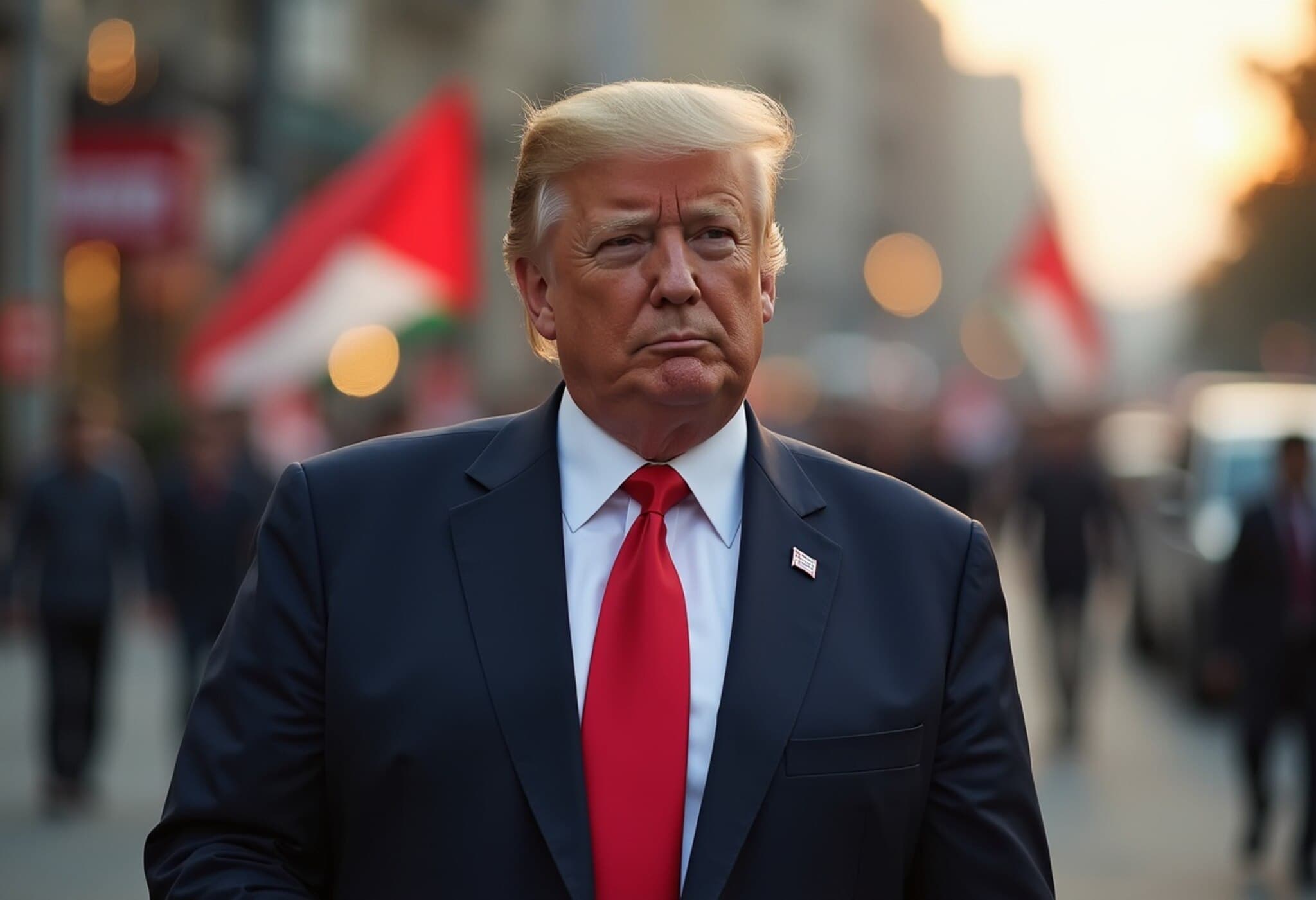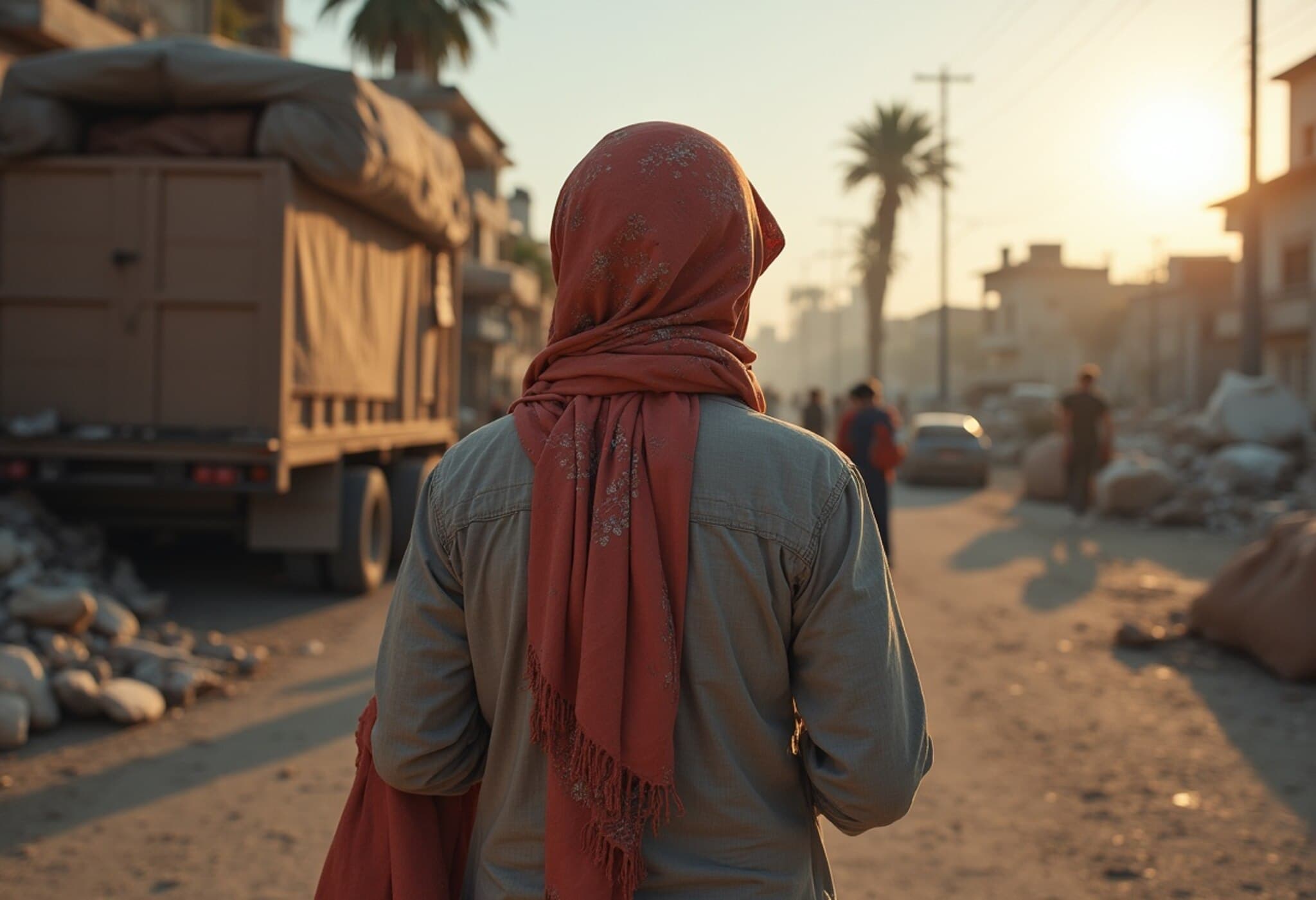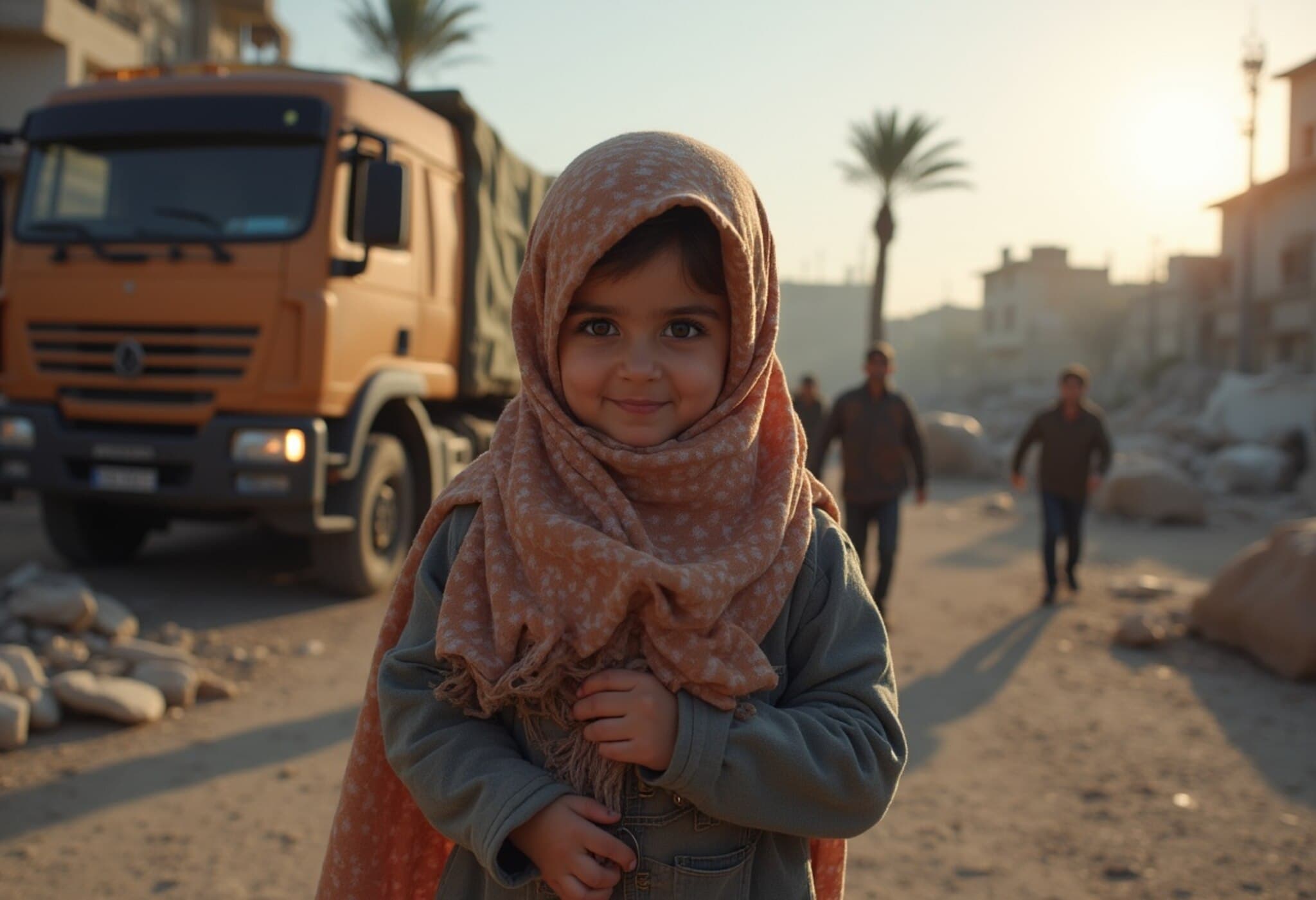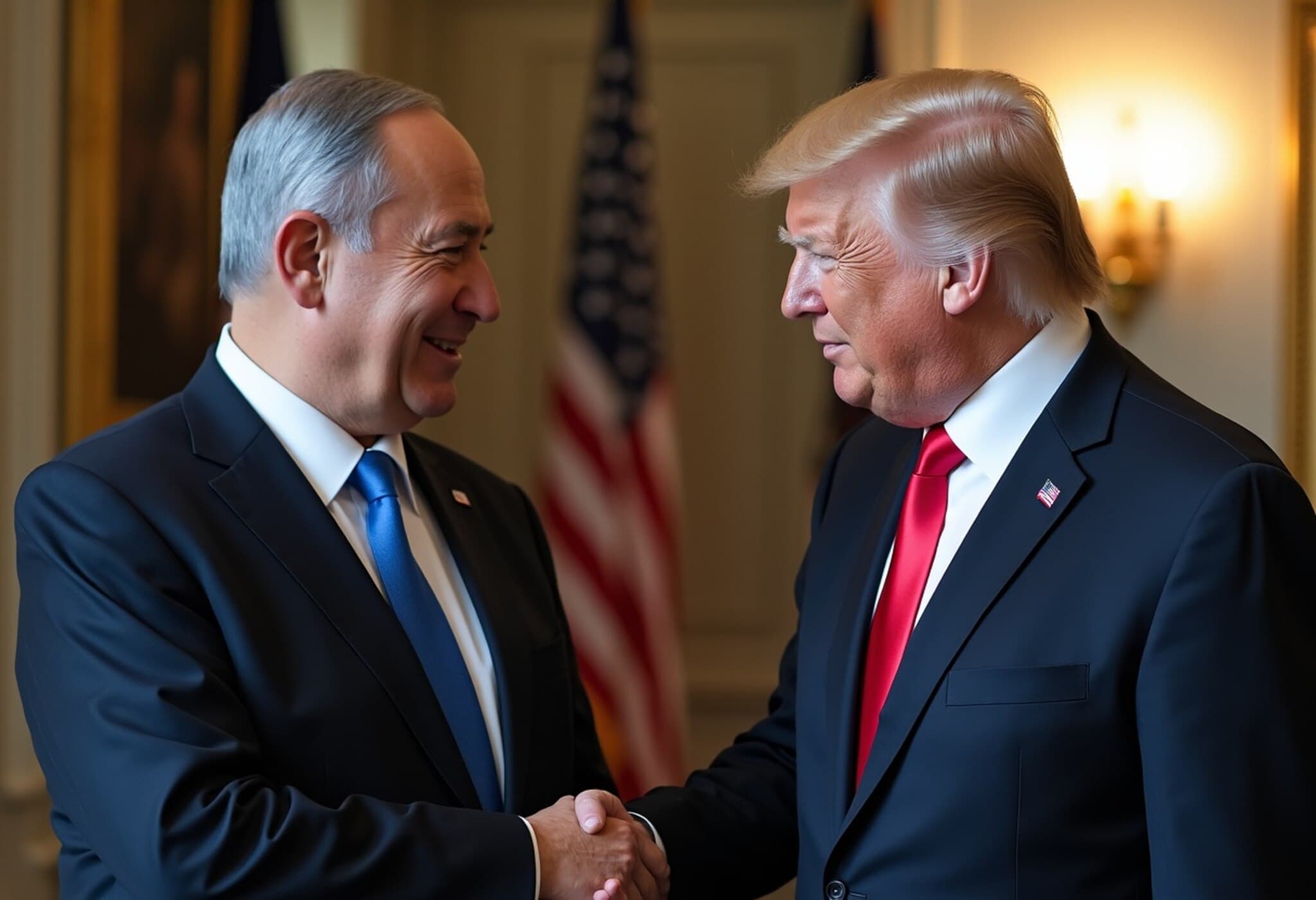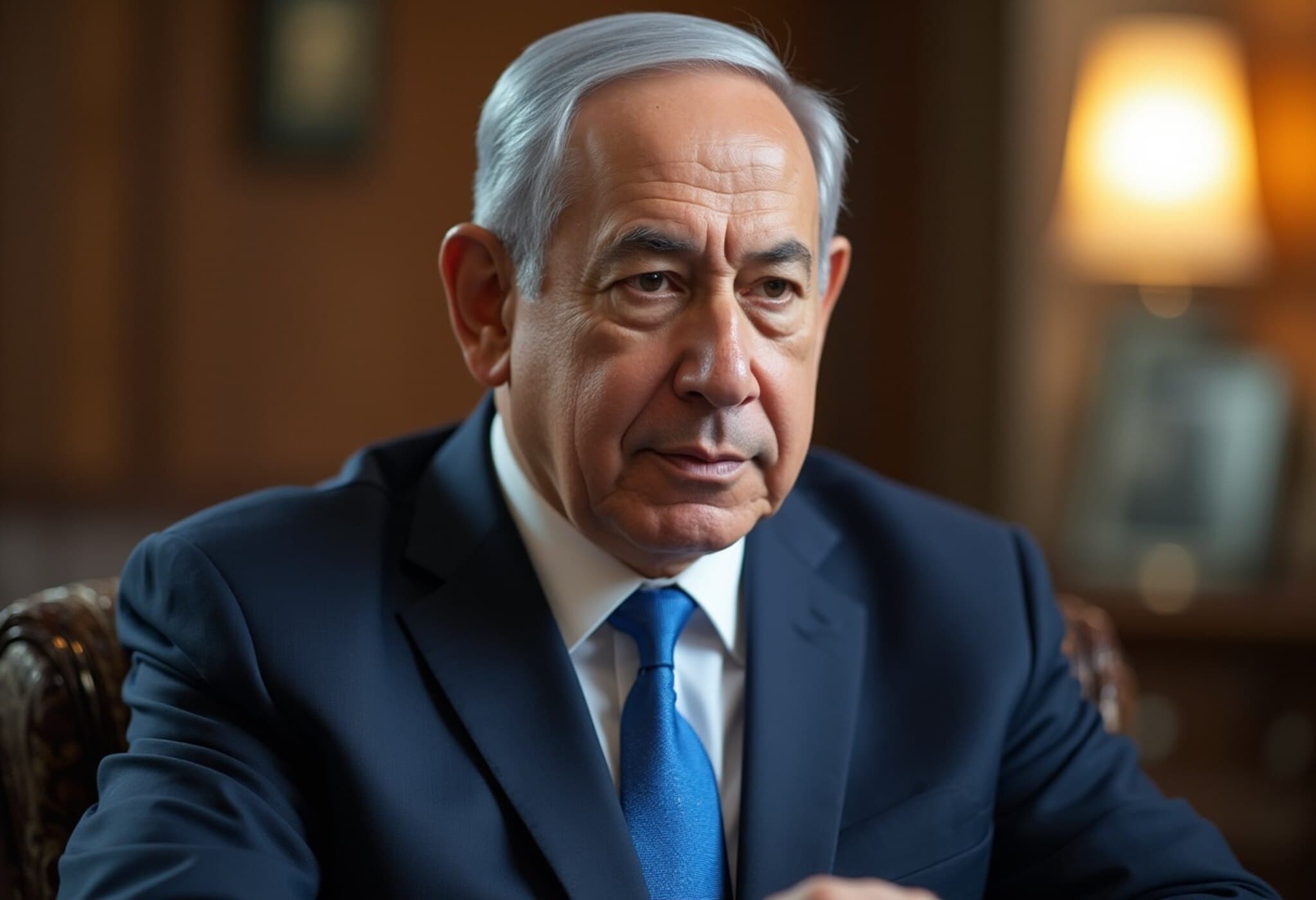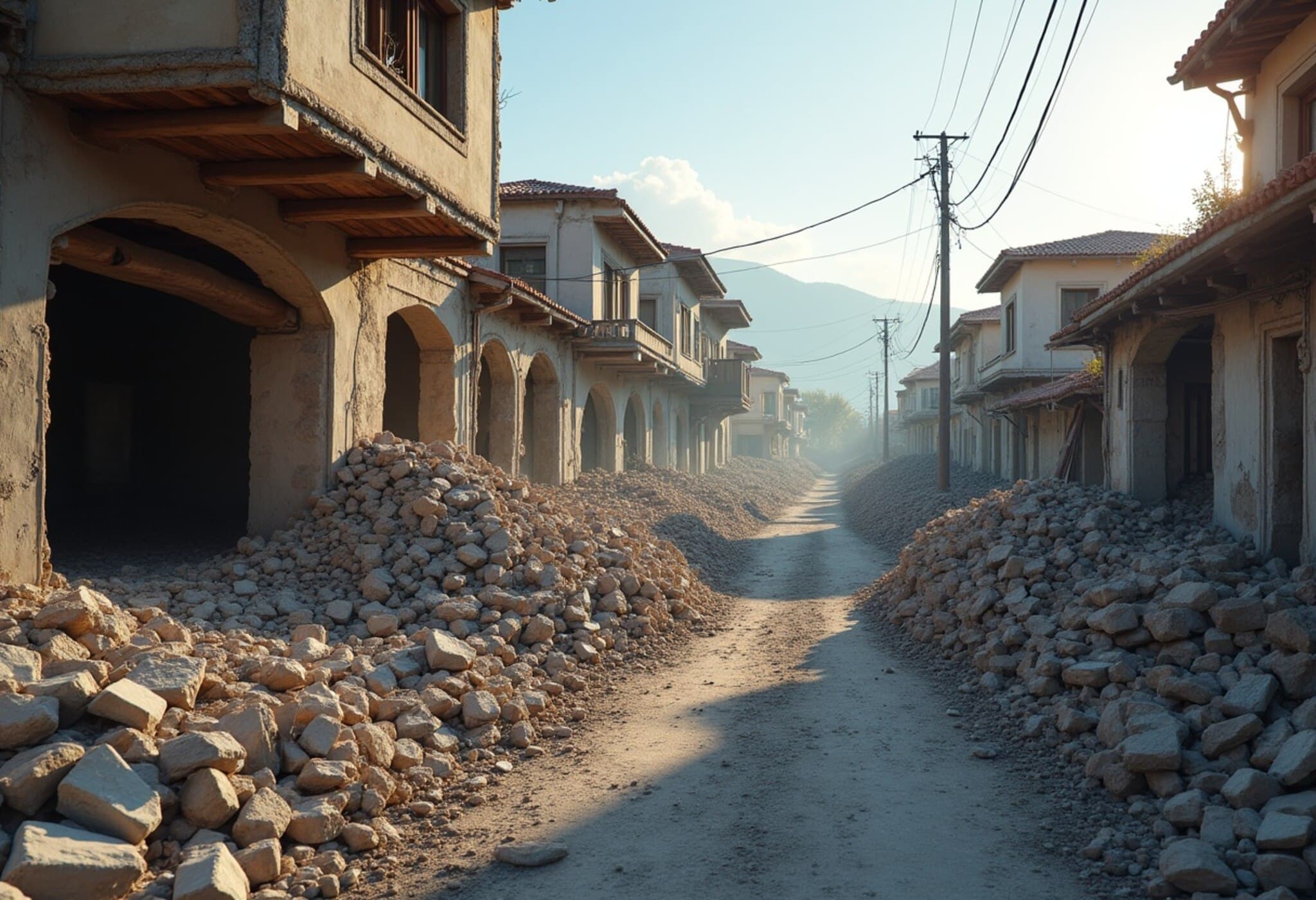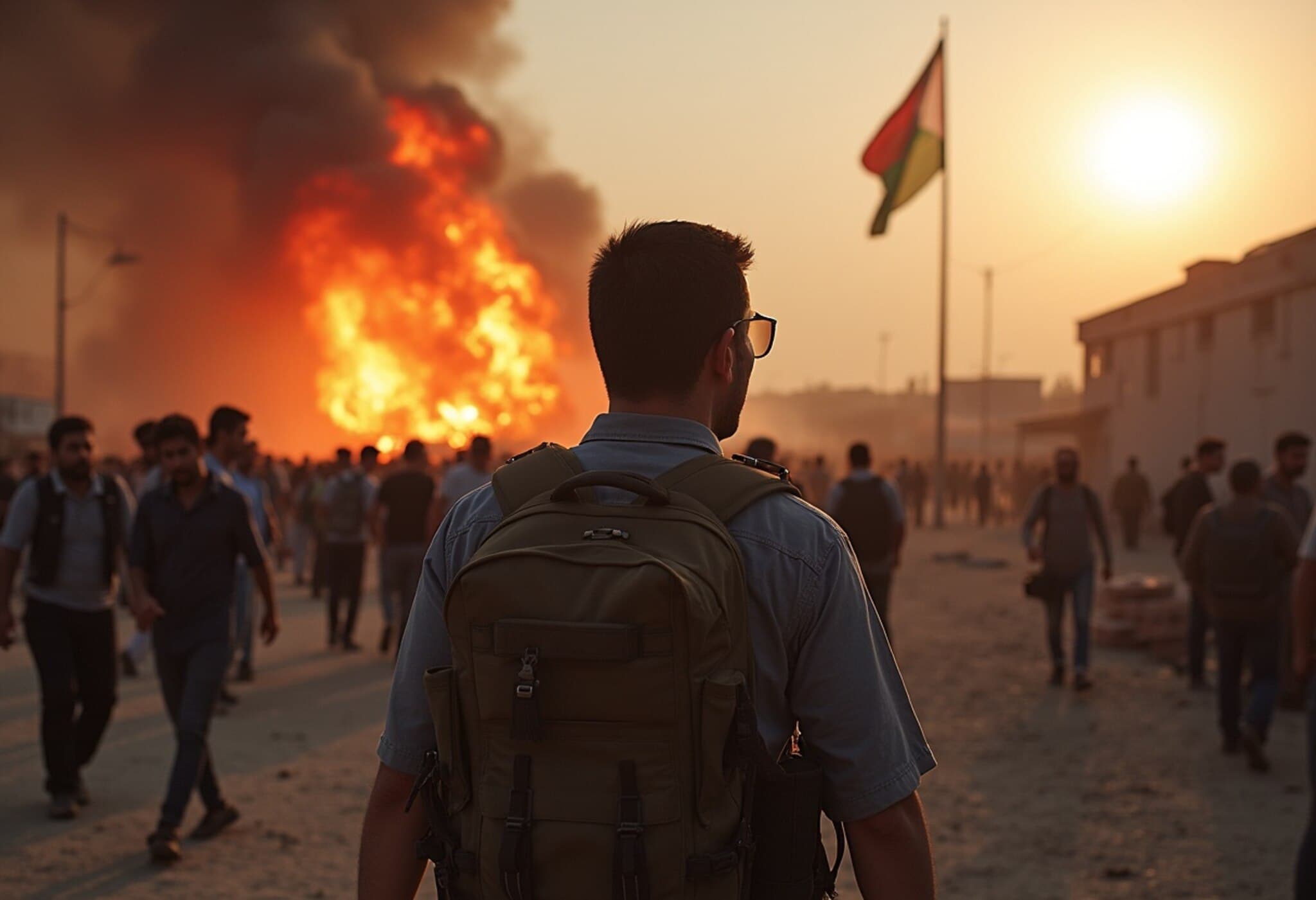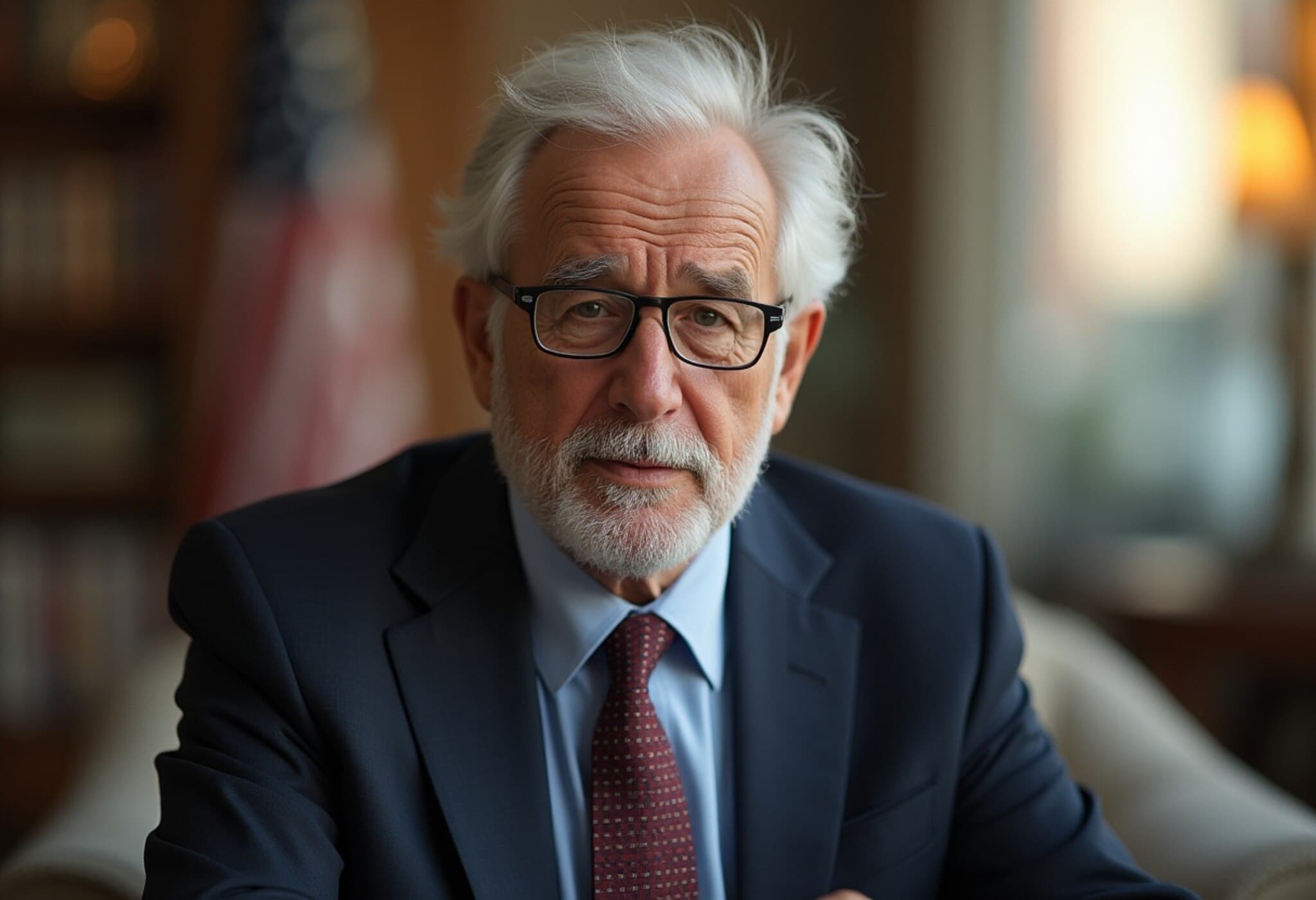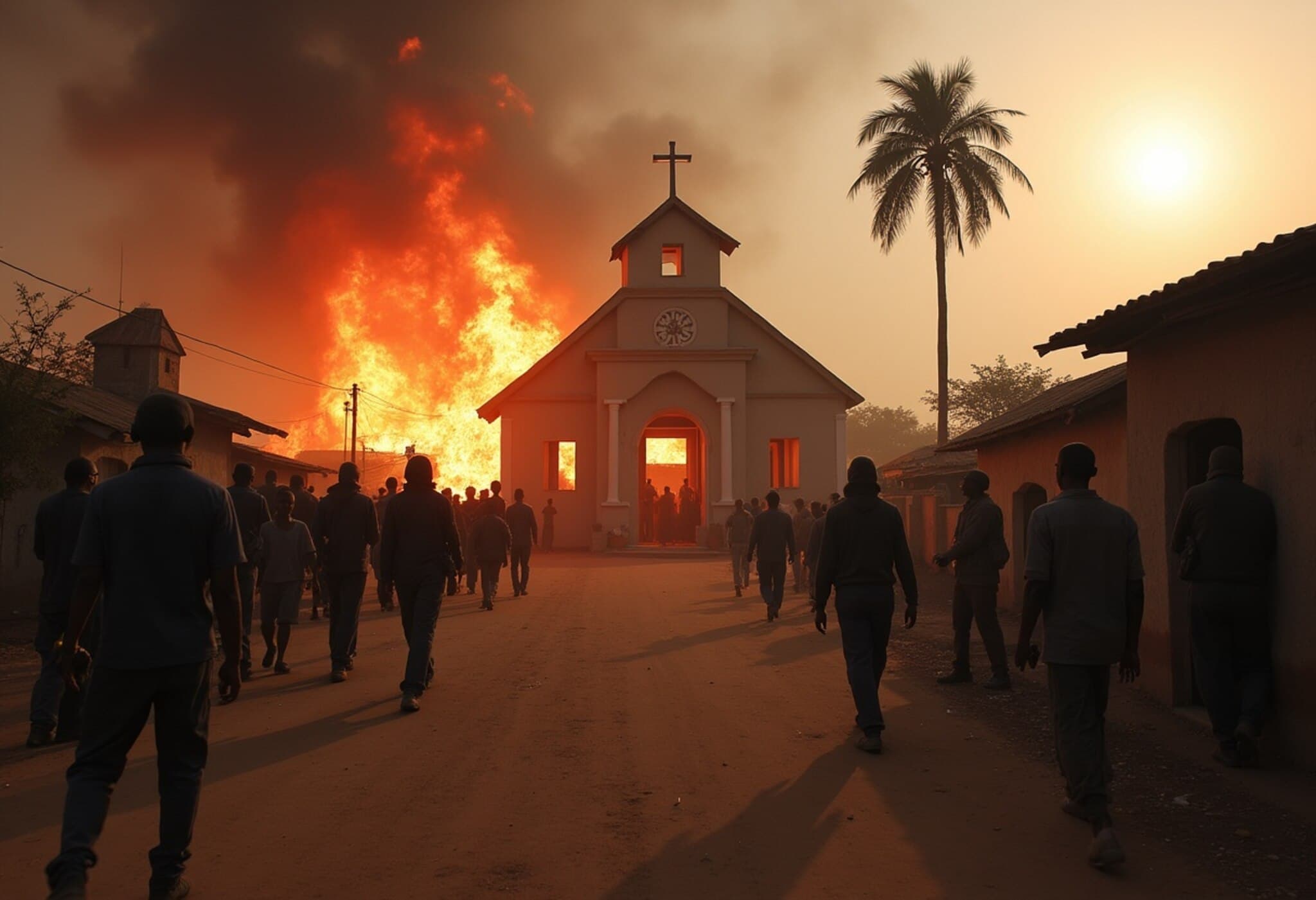From Gaza’s Tunnels to Turkey: Unveiling the Escape of Hamas Leaders’ Families
As the brutal conflict in Gaza escalates, a new and deeply controversial narrative has emerged: families of Hamas’ top officials reportedly fleeing the besieged enclave using forged documents and covert networks. One of the most talked-about cases is that of Samar Abu Zamer, widow of Hamas leader Yahya Sinwar, who has allegedly escaped Gaza into Turkey under a fake passport, sparking outrage within the already devastated population.
The Path from Gaza’s Underworld to Foreign Shores
Reports from Ynet News suggest that Samar Abu Zamer was seen with her children entering Hamas tunnels beneath Gaza — traditionally used for smuggling and military maneuvers. Subsequently, intelligence and sources reveal she managed to cross the Rafah border into Egypt and then on to Turkey, facilitated by falsified travel documents and a sophisticated network reportedly unavailable to ordinary Gazans.
Not only did she depart Gaza, but sources also indicate that Samar remarried in Turkey, with arrangements reportedly assisted by senior Hamas official Fathi Hammad. This move has intensified public criticism, especially in light of past images showing her carrying a luxury Hermès Birkin bag even while in these tunnels — a stark contrast to the extreme deprivation suffered by most Gazans.
Growing Resentment Among Gaza’s Residents
The evacuation of Hamas leaders’ families has deepened feelings of betrayal among Gazans, many of whom endure relentless Israeli airstrikes, humanitarian shortages, and economic collapse. As one survivor lamented to media outlets, “They send their children to study abroad in Turkey and Qatar—and send ours to the grave.”
This sentiment reflects rising scrutiny on Hamas’s leadership, challenging their commitment to the people they claim to protect. The disparity between the lives of ordinary civilians and those of political elites exacerbates social fractures, raising ethical and political questions about sacrifice and solidarity.
Who Remains and Who Has Left?
While several high-ranking officials' families have reportedly evacuated — including Najwa Sinwar, widow of Muhammad Sinwar — notable figures remain. For instance, Umm Khaled, wife of Hamas commander Mohammed Deif, appeared in recent public footage affirming her intention to stay within Gaza despite the worsening conditions. She stated, “There are four mattresses and a mat in our house. That's how it was before the war, and after. I'm not fleeing. I'm here with my people.”
This contrast highlights an important facet of the conflict: a divide not only between different political factions but within Hamas leadership itself regarding decision-making and survival strategies.
The Broader Context: Networks, Diplomacy, and Conflict Ethics
Analysts studying Gaza’s conflict dynamics suggest Hamas’s use of falsified documents and external diplomatic channels to extract families is part of a broader strategy to safeguard its leadership lineage. These well-developed exit routes are inaccessible to Gaza’s general population due to strict border controls and ongoing Israeli and Egyptian blockades.
From a policy perspective, this raises troubling questions: What responsibility do armed groups have towards the civilians caught in conflict? How should the international community respond when leaders protect themselves while their populace pays the heaviest price?
Moreover, the contrasting experiences between Hamas families and everyday Gazans fuel narratives that undermine the group’s legitimacy among local and international audiences, complicating prospects for peace and humanitarian relief.
Editor’s Note
The reported escape of Hamas leaders’ families from Gaza amid a siege underscores the harsh realities of war — where survival paths are starkly uneven, and trust within communities is frayed. While the protection of one’s family is a universal instinct, the optics of leaders fleeing while their constituents remain trapped raise profound ethical dilemmas.
As Gaza’s crisis continues to unfold, it is crucial for global observers and policymakers to consider not just the military aspects but also the human dimensions: the fractures within Palestinian society, the implications for civilian morale, and how these internal dynamics influence the broader conflict landscape.
In a setting where every story is layered with struggle, sacrifice, and survival, uncovering such underreported narratives contributes to a fuller understanding of the conflict’s human toll and the political realities shaping it.

